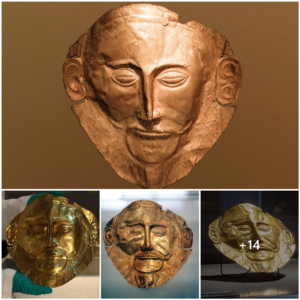In a startling revelation that has left the scientific community baffled, archaeologists have unearthed artifacts resembling modern computers, believed to date back thousands of years, in the ruins of an ancient civilization. The discovery was made at a site believed to have belonged to a highly advanced but forgotten society.
Among the finds is a large stone structure that appears to replicate a modern laptop computer. Its “screen” is etched with intricate symbols and patterns, while the “keyboard” features engravings strikingly similar to letters, numbers and commands used in contemporary technology. Even more intriguing, another artifact closely resembles a CPU, with engravings of what appear to be circuits and power symbols.
Some of these artifacts bear striking similarities to ancient Maya iconography, leading to theories about whether advanced technologies existed at the time. Researchers are examining the possibility that these carvings represent more than symbolic art: could they have been functional objects, powered by an unknown energy source that was lost to time?
While skeptics argue that these artifacts could be mere coincidences or artistic interpretations, proponents of ancient alien theories suggest that these discoveries may indicate an outside influence from extraterrestrial beings. Others propose that the ancient civilization may have independently developed a form of primitive technology far ahead of its time.
This discovery challenges the long-held perception of technological progress as a linear path, raising the possibility that humanity may have reached advanced technological peaks much earlier than previously believed, only to lose that knowledge due to catastrophic events or societal collapses.
Scientists are still analyzing these findings, but one thing is clear: the line between myth and reality has become increasingly blurred. Are these artifacts proof of an ancient technological revolution? Or are they simply an incredible coincidence that sparks our imagination? The answers may forever redefine our understanding of human history.









